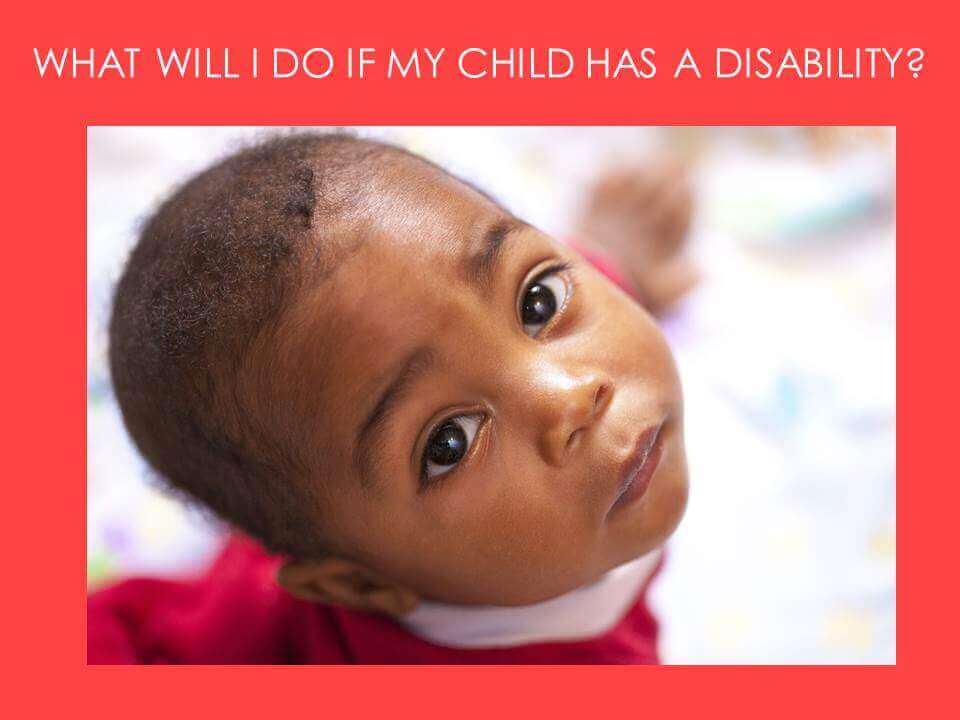
God forbid!!! It is not my portion!!! Ok let’s stop there. It is just a question (one worth giving a thought). A disability is not a curse and those who have a disability or a child /children with one form of disability or the other will tell you they didn’t wish or pray for it. No one prays for it but, it is one of those things in life that when you get served, you chin up and make the absolute best of the situation. Anyone can have a child with a disability and it has nothing to do with your level of spirituality.
1. If you are just starting out in life, make sure you can answer this question before you start trying for babies.
2. If you already have children, make sure you can answer this question because you are not excluded from the scope.
3. And if you are not planning on having or adopting any children, well then, hope you can share this with someone who might need it.
Nothing prepares you for parenting any child and most certainly, nothing prepares you for parenting a child with a disability but one thing is definite- lots of love, strength and patience will be required from you. Whichever side of the table you find yourself, focus on what matters- raising children with great self-esteem who will learn to love themselves no matter what. Children who will not be defined by their disabilities, but instead learn that the faith they have in themselves if strong enough will propel them to succeed in life. Focus on raising children who will learn to love and accept other children who have a disability.
Teach your children empathy. Show empathy.

